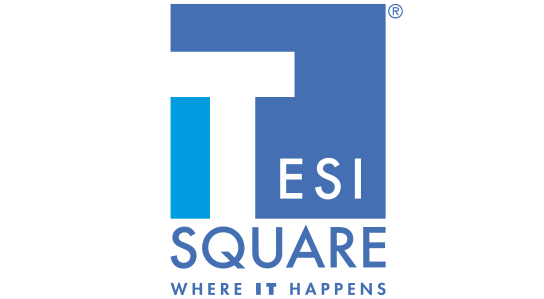GEL Proximity and a network of local partners have combined innovation and technology to streamline last-mile deliveries in the HORECA supply chain.
The HORECA LAST MILE project has officially launched in Rimini, a strategic initiative by the Municipality aimed at introducing an integrated system of automated refrigerated micro-hubs and cargo bikes for the urban food supply chain. Developed in collaboration with GEL Proximity, WIB, and Urbico, the project is part of Investment 1.4 of Mission 4 – Component 2 of Italy’s National Recovery and Resilience Plan (PNRR). Its goal is to strengthen research infrastructure and foster national champions in key enabling technologies.
HORECA LAST MILE seeks to radically transform last-mile logistics in the HORECA sector (Hotels, Restaurants, and Catering) through an innovative, sustainable, and technologically advanced approach.
The initiative aims to optimize the urban delivery process of food raw materials, reducing environmental impact while improving operational efficiency. The project is built on three key components:
- Automated Refrigerated Micro-Hubs: By installing WIB’s refrigerated smart lockers, the project enables secure and traceable handling of raw food materials while ensuring cold chain continuity. These hubs act as transfer points between suppliers and distribution vehicles, optimizing time and logistics flows.
- Logistics Orchestration Technology: At the core of the system is GEL Proximity’s platform, which enables real-time coordination of all players in the supply chain—from suppliers to couriers to delivery points. The platform ensures full traceability, data protection, intelligent order assignment, and predictive flow management.
- Zero-Emission Refrigerated Cargo Bikes: For the final stretch of the delivery route, Urbico’s electric cargo bikes, equipped with refrigerated storage units, are deployed. Designed to navigate city centers and Limited Traffic Zones (ZTL), these zero-emission vehicles enable efficient and sustainable transport, reducing road congestion, pollution, and urban clutter.
Thanks to this blend of smart infrastructure, digital technology, and green mobility, HORECA LAST MILE serves as a scalable model for advanced urban logistics, perfectly aligned with the ecological transition and innovation goals of the PNRR.
Within the Rimini context, the project’s focus on the HORECA supply chain allows for the application of cutting-edge logistics solutions to one of the region’s most representative economic sectors. HORECA LAST MILE thus opens up new possibilities for smarter and more sustainable urban logistics, capable of meeting the needs of a critical industry in a high-tourism area.
From an economic standpoint, the introduction of multi-operator refrigerated micro-hubs and electric cargo bikes significantly improves service levels and reduces operational delivery costs by shortening travel times and streamlining logistics flows.
Environmental impact is another central pillar: removing diesel-powered vehicles from city streets actively contributes to the reduction of pollutant emissions, traffic, and noise pollution. At the same time, ensuring uninterrupted cold chain logistics helps to reduce food waste and improve overall distribution quality.
On a social level, the project promotes a culture of sustainable mobility and environmental responsibility, in line with the PNRR’s objectives and European directives for a fair and inclusive ecological transition.
Once again, Emilia-Romagna confirms itself as a region where urban logistics and innovation thrive. Following the launch of the URBANE project in Bologna, Rimini becomes a true urban laboratory for logistics innovation, where technology, sustainability, and public service converge.














